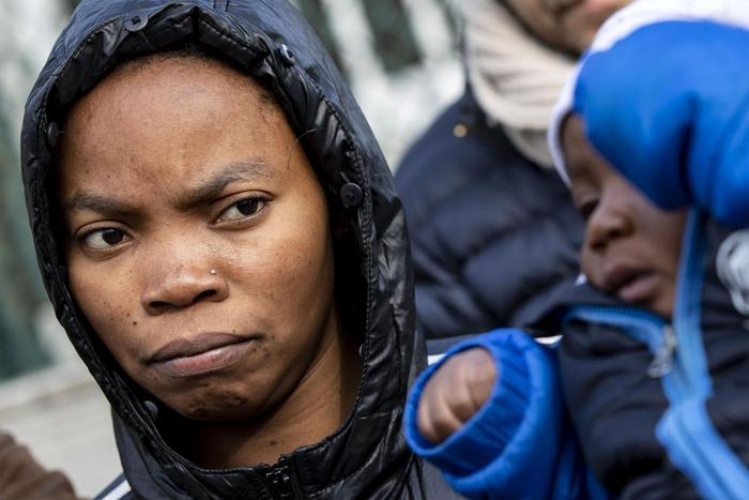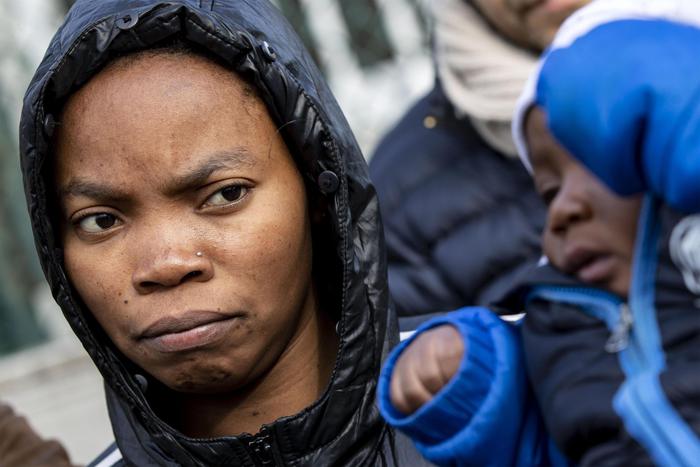The centre is located in the town of Castelnuovo di Porto, not far from Rome, and houses 540 refugees, including women and children.
It made headlines in 2016, when Pope Francis washed residents’ feet during his Holy Thursday ritual.
The recent operation follows cuts to the centre’s funding and marks the first major eviction of refugees since Italy’s coalition government approved a hardline anti-immigration law.
This week has seen the first 105 people evicted, and the remaining 430 will be ousted before the centre’s closure on January 31.
Interior Minister Matteo Salvini claimed the centre, which has housed around 8000 people over the last decade, was rife with drugs and crime.
Salvini declared that other centres across Italy will be evicted in time, including the nation’s largest in Mineo, Sicily.
He said the closures would save the Italian government €6 million a year, money that would instead be put towards “helping Italians”.
“I did what any good father would have done,” he argued.
However, the government has been condemned for the way the eviction was carried out.
Mayor of Castelnuovo, Riccardo Travaglini, said the police and the army were sent in with less than 48 hours of notice and that there was no coordination with the local authorities or the cooperative running the centre.
According to local media, those evicted were placed on buses without being informed of their destination.
Critics have also pointed out that more than 100 Italians, who were employed at the centre as language teachers or psychologists, will lose their jobs due to its closure.
“The centre had become an integral part of Castelnuovo di Porto,” Travaglini told local media.
“I’m not saying the centre shouldn’t be closed, but it should have been coordinated.
“Castelnuovo has been at the forefront of this emergency for 10 years, 8000 people came through here.
“Some respect was due to a community that has done much not only for Italy, but for Europe as well.”
Many of the children in the centre were enrolled in local schools, and have had their studies interrupted.
“In a single day, they managed to destroy years of work,” Traviglini said.
“These were people who had managed to become integrated.”
Salvini said those who “have rights” will not be left stranded and will instead be relocated to other facilities.
“But for the rest we will begin the deportation process,” he added.
The majority of residents at the centre were in the process of applying for asylum.
Many had gained humanitarian protection, a two-year permit granted to those who are not eligible for refugee status but who cannot be sent home for various reasons.
Humanitarian protection status was abolished with the approval of the government’s new anti-immigration law.
A 25-year-old Nigerian woman who was evicted from the centre and has been stripped of her humanitarian protected status said she fears she will end up on the streets with her six-month-old son.
“I’m desperate,” she told Italian news agency ANSA.
“My aim now is to protect my son.”












